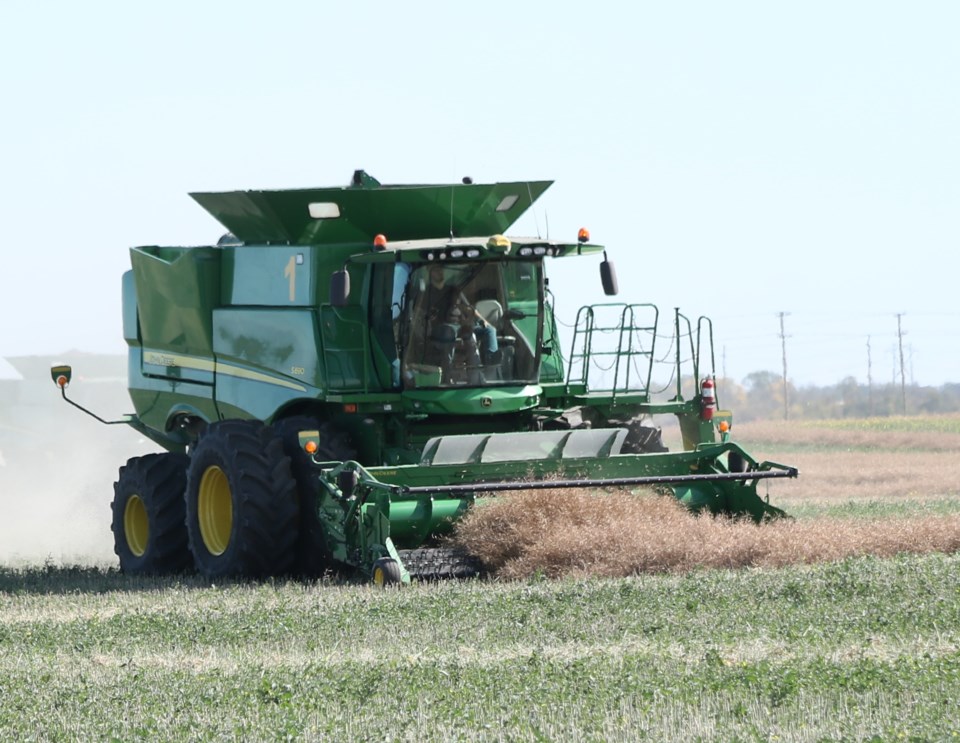YORKTON - If you are in the mood to stir the pot on social media start a post about the idea of turning to bugs and insects for human food.
Now I’m not suggesting a plate of deep fried crickets would top my snack list – but some dried grasshoppers in chili powder were certainly not the worst thing I’ve eaten.
And while adding a ground bug to recipes might not seem that enticing, when you look at the long list of ingredients in some veggie meats, or think about what must be in a twinkie to keep it edible on a store shelf, is a ground earthworm so bad?
Of course the North American diet is not without its bugs – shrimp, crawdads and lobster essentially being the bottom-feeding bugs found in aquatic locales.
It should be noted too some reports suggest more than 2,300 insect species are traditionally consumed worldwide and the U.N. Food and Agriculture Organization recognizes nearly 500 edible insect species.
So maybe eating a few worms wouldn’t be so bad.
But, what if in raising worms for food, you could also create better soils for other crops?
According to a recent producer.com article an Alberta company wants to turn poop from about 80 million worms into a natural super-food for the soil.
The company -- Annelida Soil Solutions Ltd. -- was honoured with an Innovation Award at the recent Western Canadian Crop Production Show in Saskatoon.
The company has a 90,000 sq. foot facility in Nisku, Alta., near Edmonton containing about 80 million worms, which collectively weigh about 36,000 kilograms, detailed the article.
The worms are fed organic waste including cardboard, used coffee grounds from restaurants, spent grain from breweries and leftover produce from grocery stores, with about 11,300 kg of waste per day digested by the worms, which excrete about 75 percent as castings or poop.
It’s the castings which are good for soil in a very natural way.
Now back to eating bugs. Some worms have been shown to be a good source of protein, certain fats, and micro-nutrients like iron and zinc.
So what if producers raised worms for a dual purpose.
Some local gardeners already raise earthworms because the castings are good for the garden, and they can do some recycling that essentially works in lockstep with composting household waste.
While some of the worms likely get ‘consumed’ as bait for avid fisher folk, but does the future include ‘earthworm flour’ infused cookies and muffins, and the land getting a boost too?
If you can chew through waste rather than dumping in a costly landfill, provide human food protein, and improve the soil too, it seems like a win waiting to happen.






